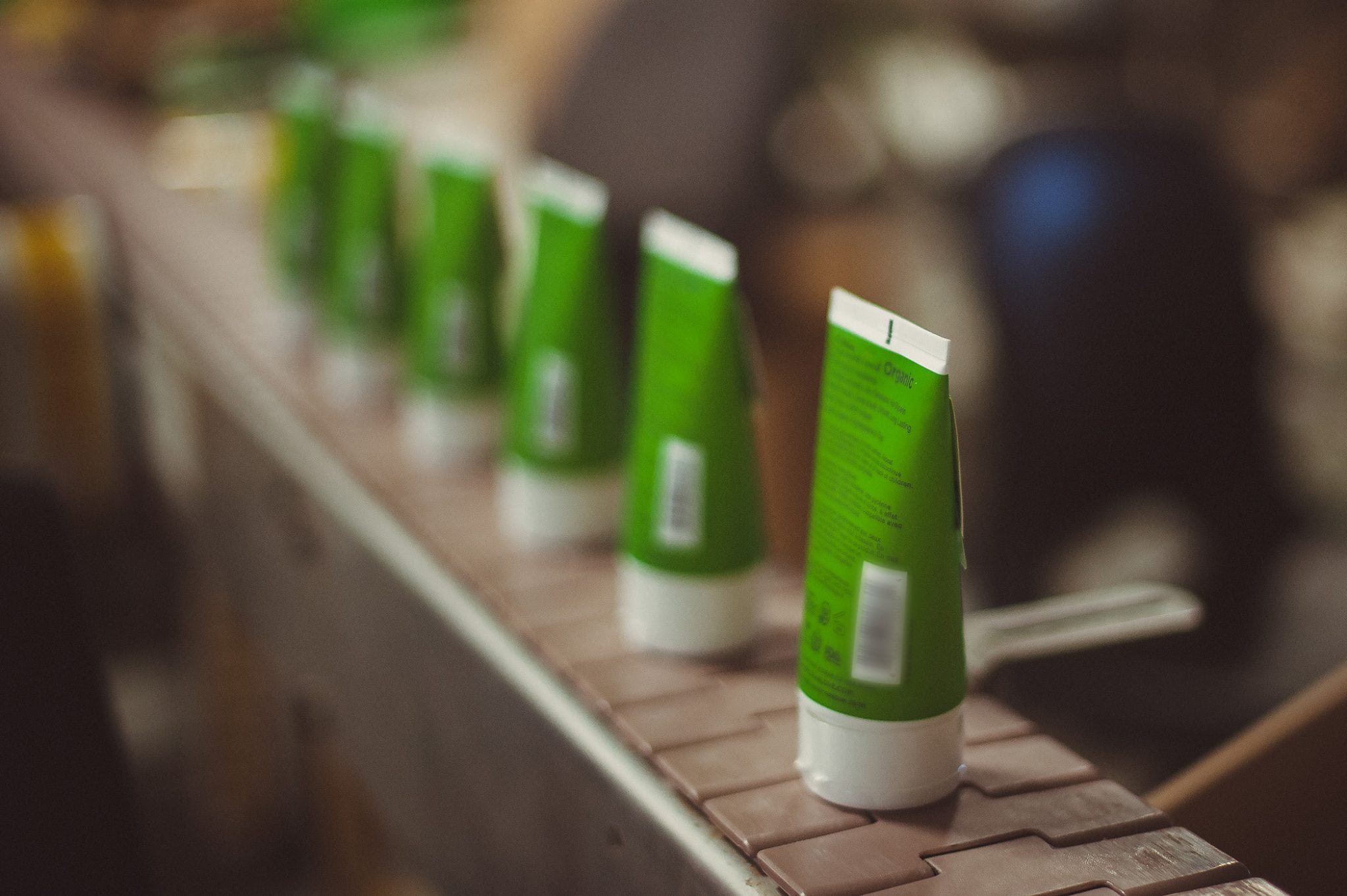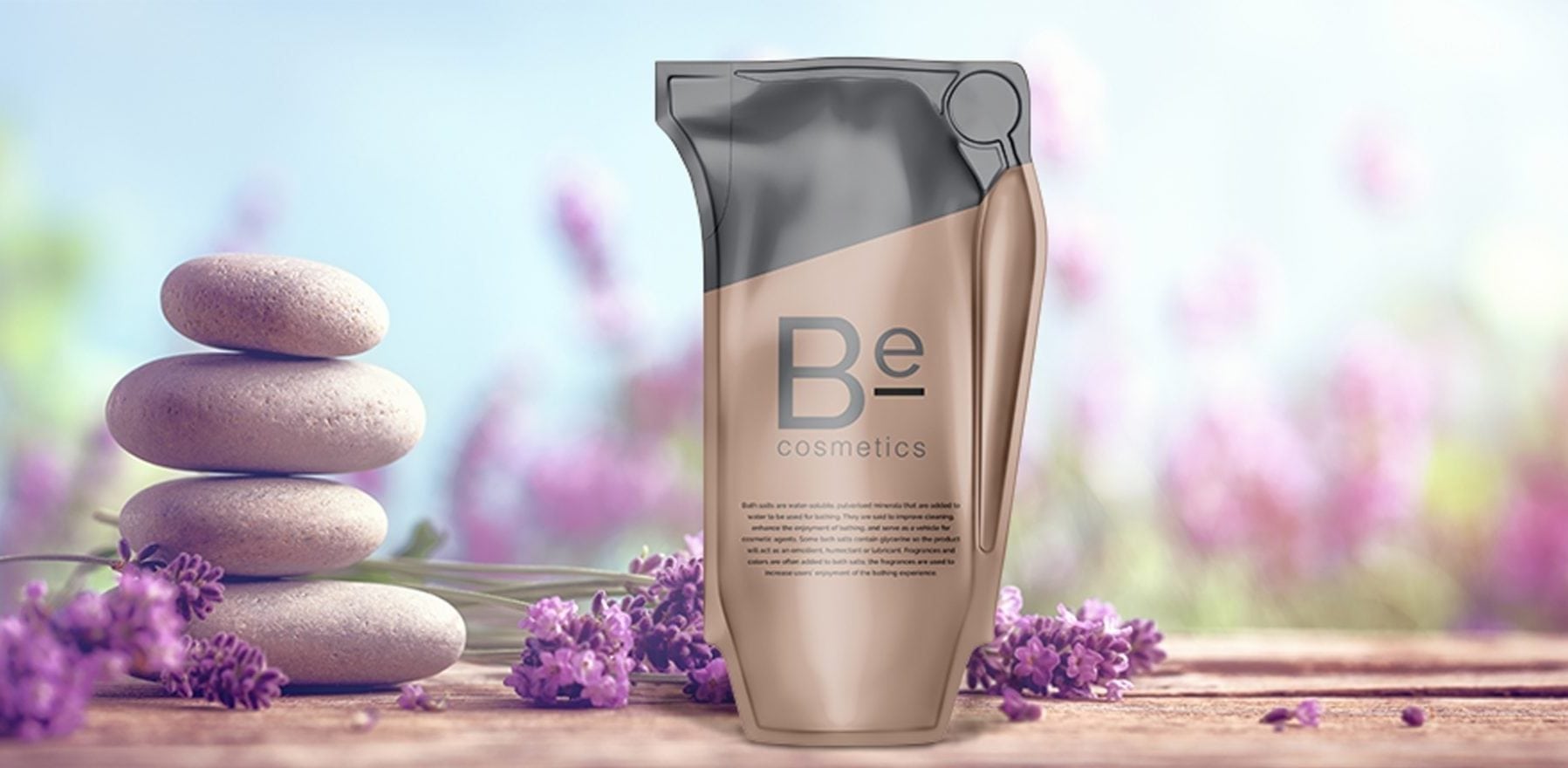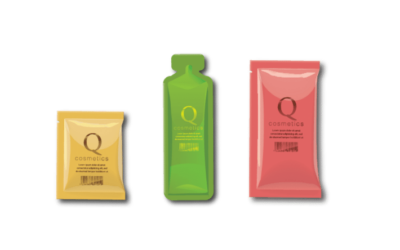Organic certification can be tricky
Choosing the right organic standard for your market and brand can be the difference between products that work and products that will never be manufactured. BPI Labs has years of experience working with our certification agent, Oregon Tilth, in the development and certification of organic personal care products, and we can help you enter the organic market. If you don’t know who Oregon Tilth is or how products become certified organic, then read our article here.
Entering the organic market successfully depends on what organic standard you’re aiming for. In this article, you will read about the difference between the USDA’s NOP certification and the cosmetic industry’s NSF/ANSI-305 certification. Then we will discuss the difficulty in achieving the NOP certification and why the NSF/ANSI 305 organic standard was created for the cosmetic industry. Finally, we’ll tell you what we know about the market’s readiness to adopt the NSF/ANSI-305 standard. Knowing these standards will help you set reasonable expectations for product development.
The USDA organic standard, formed by the USDA’s National Organic Program (NOP), is regulated with agricultural products in mind. According to the USDA NOP, personal care products are only eligible to be certified USDA organic and to use the USDA label on product packaging if the product is made of at least 95% food-based ingredients. So achieving USDA organic certification is a challenging task as the majority of personal care products cannot be made up of 95% food-based ingredients and still be an efficacious and user friendly product.
One of the other great difficulties in producing efficacious personal care products is in the creation of preservatives that can keep your product within the Food and Drug Administration’s (FDA) guidelines for product contamination. Organic matter is a natural breeding ground for all manner of microbiological cultures including some pathogens. The FDA’s guidance on Title 21 of the CFR suggests that zero pathogens can be present and under 500 colony forming units (CFU) for products applied to the face and 1000 CFU’s for products applied to the body. If microbiology is found in excess of those guidelines then the FDA considers your product adulterated and will take action to prosecute your company under federal law.
If microbiology is found in excess of those guidelines then the fda considers your product adulterated and will take action to prosecute your company under federal law.
The USDA’s focus is on the preservation and consumption of agricultural products, and their guidelines leave out many possible candidates for organic personal care ingredients and preservatives. However, BPI Labs has found some suitable ingredients and preservatives that can be considered USDA NOP qualified. however, they are not guaranteed to work in many personal care products. Consequently, formulation work for an organic product that satisfies the USDA’s NOP standards is difficult and usually prolonged.
Our Blogs
Filling Your Cosmetic Products in Bags with Zippers
Salts & powders in bags with zippers BPI Labs has received requests for a gusseted bag filling service for powders...
Filling: Sample Size Your Personal Care Product with Packets
What is your company doing to give your customers new ways to try your product? Packets are perfect for niche markets...
Cosmetics Without Epinephrine!
WE DO NOT SELL EPINEPHRINE Our company is BPI Labs Inc., and you're actually looking for BPI Labs, LLC. Our...



